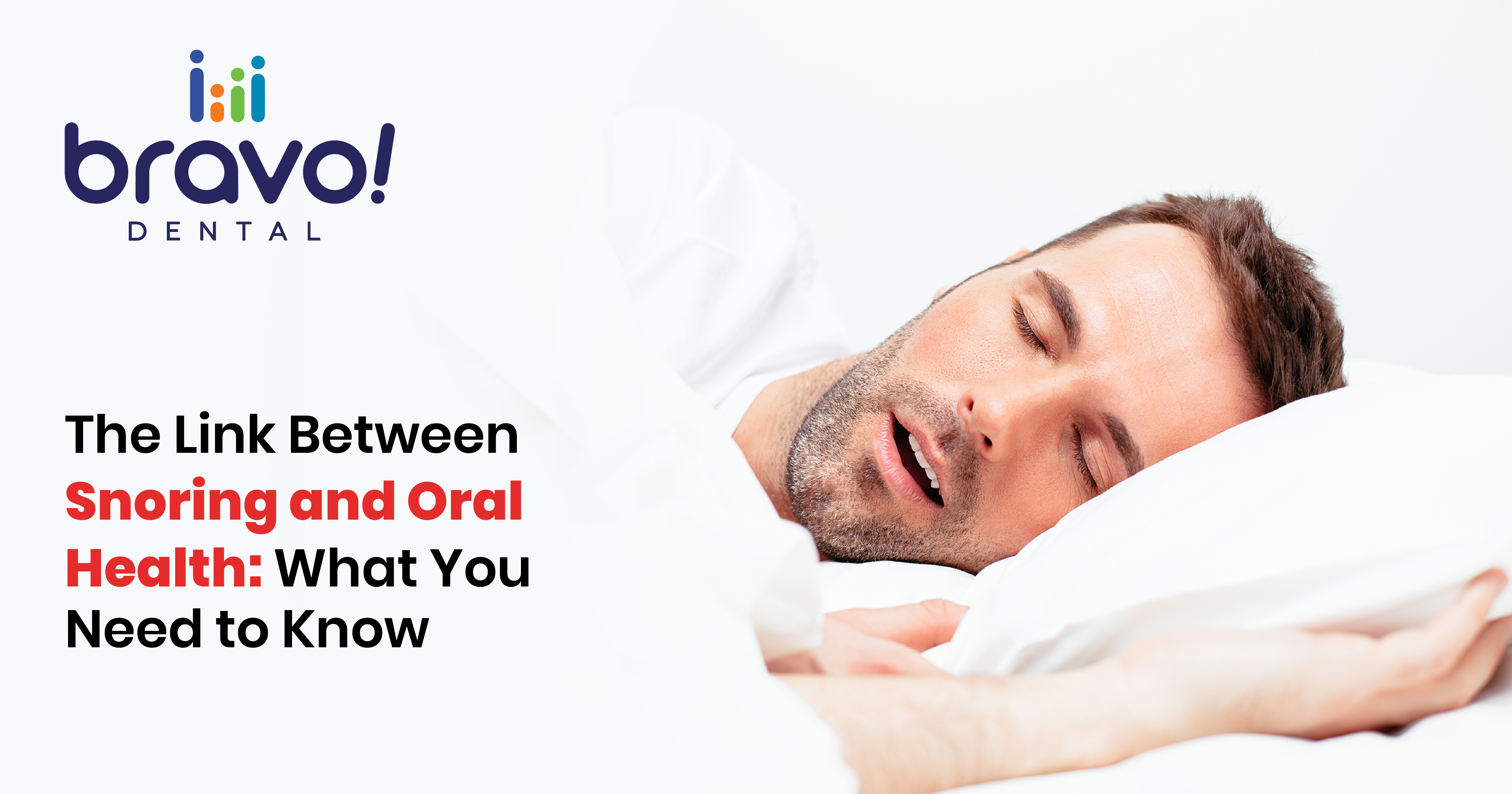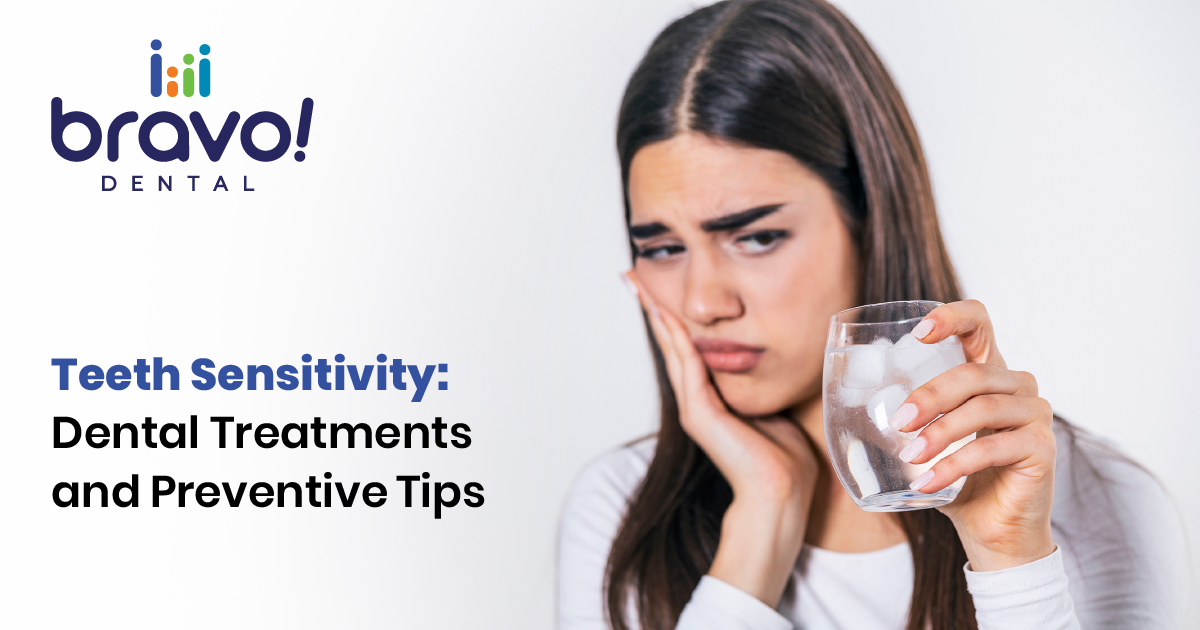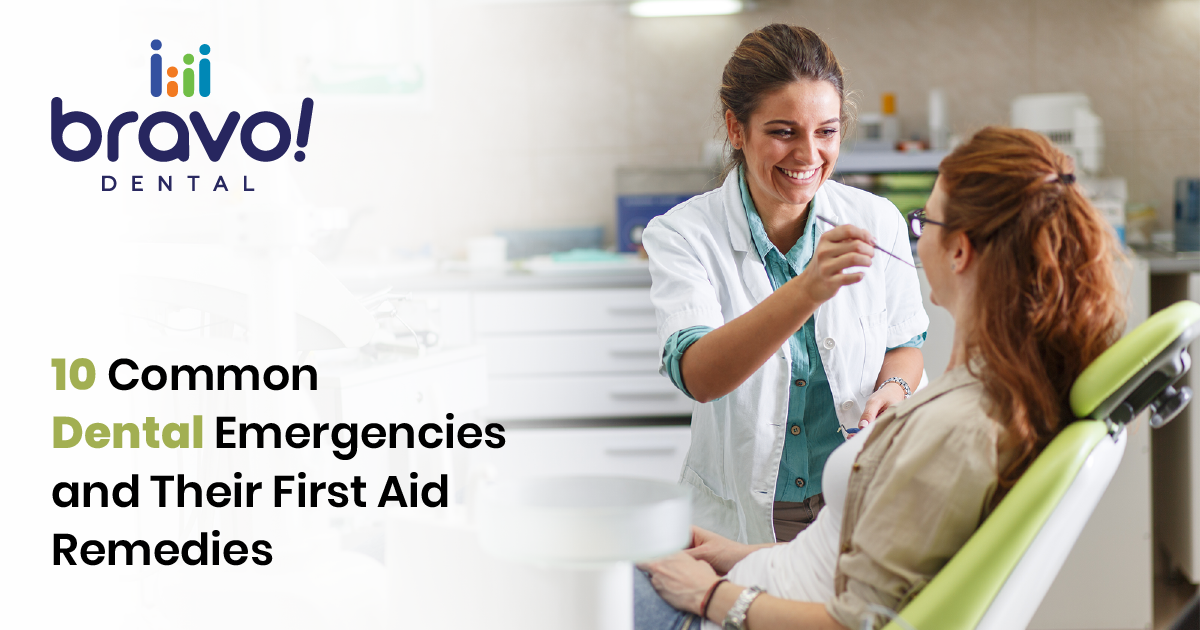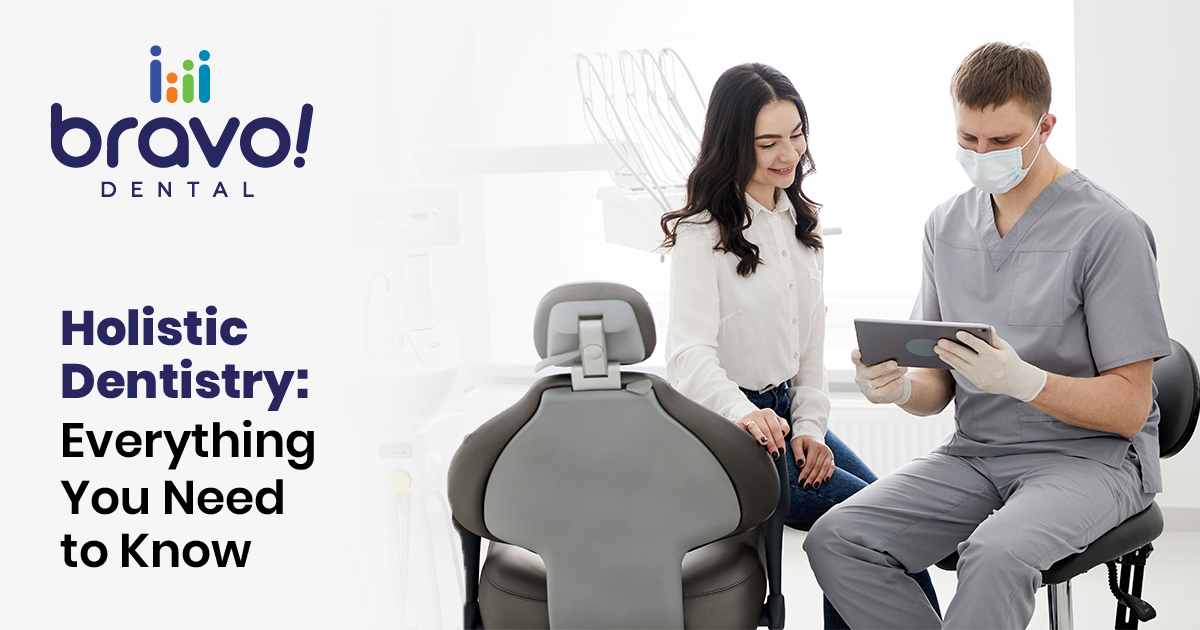
Most people clench and grind their teeth on a frequent basis. Teeth grinding, also known as bruxism, is not normally harmful, but when it occurs often, teeth can be affected, and other oral health issues might emerge.
People grind their teeth for a variety of reasons. Although stress and worry can induce teeth grinding, it is more likely to occur during sleep and is caused by an irregular bite or missing or crooked teeth. In addition, a sleep issue, such as sleep-apnea, can also be a causative factor.
The reasons for bruxism
Doctors aren’t always sure of the real causes for people to grind their teeth. Bruxism is more likely in children with attention deficit hyperactivity disorder (ADHD) or health concerns such as cerebral palsy. Some medications can also cause Bruxism.
It may be connected to daily stress in older children or adults. Many external factors can also influence whether or not it creates symptoms. Teeth grinding might seem ordinary, but can cause some serious issues later, such as:
- Increased levels of anxiety
- Reduced capacity to relax
- Disturbed sleep patterns
- Affected teeth alignment and shape
- Flattened, broken, chipped, or loosened teeth
- Worn teeth enamel, revealing deeper layers of the tooth
- Increased tooth sensitivity or discomfort
- Weakened or tightened jaw muscles – locked jaws won’t open or close fully
- Soreness or discomfort in the jaw, neck, or face
- Pain that feels like an earache but isn’t caused by an issue with your ears
- Headaches that begin in the temples and progresses to the back of the head
- Chewing on the inside of your cheek, causing damage.
- Disruption of overall health
What can I do to stop this habit?
Your dentist can make you a mouth guard to prevent you from grinding your teeth while you sleep. Some of the other choices that may be suggested include stress counselling, beginning an exercise program, seeing a therapist, or getting a prescription for muscle relaxants.
Other ways to stop teeth grinding include avoiding or limiting caffeine-containing foods and beverages such as colas, chocolate, and coffee. Avoid consuming alcoholic beverages.
Avoid chewing on pencils, pens, or anything else that isn’t food. Chewing gum can make your jaw muscles to become used to clenching, increasing your chances of grinding your teeth.
Other home remedies include keeping a warm washcloth to your cheek at bedtime to relax your jaw muscles.
Consult a dentist at once if you wake up with headaches or stiffness in your jaw. They can help you identify the proper therapy for you, which might include a night guard. Stress management might also help you stop grinding your teeth. Don’t hesitate to visit us at Bravo Dental and get your bruxism habit treated, right away!
happy to hear from you, contact us
Fill out the contact form below and Feel free to send any question or query.




